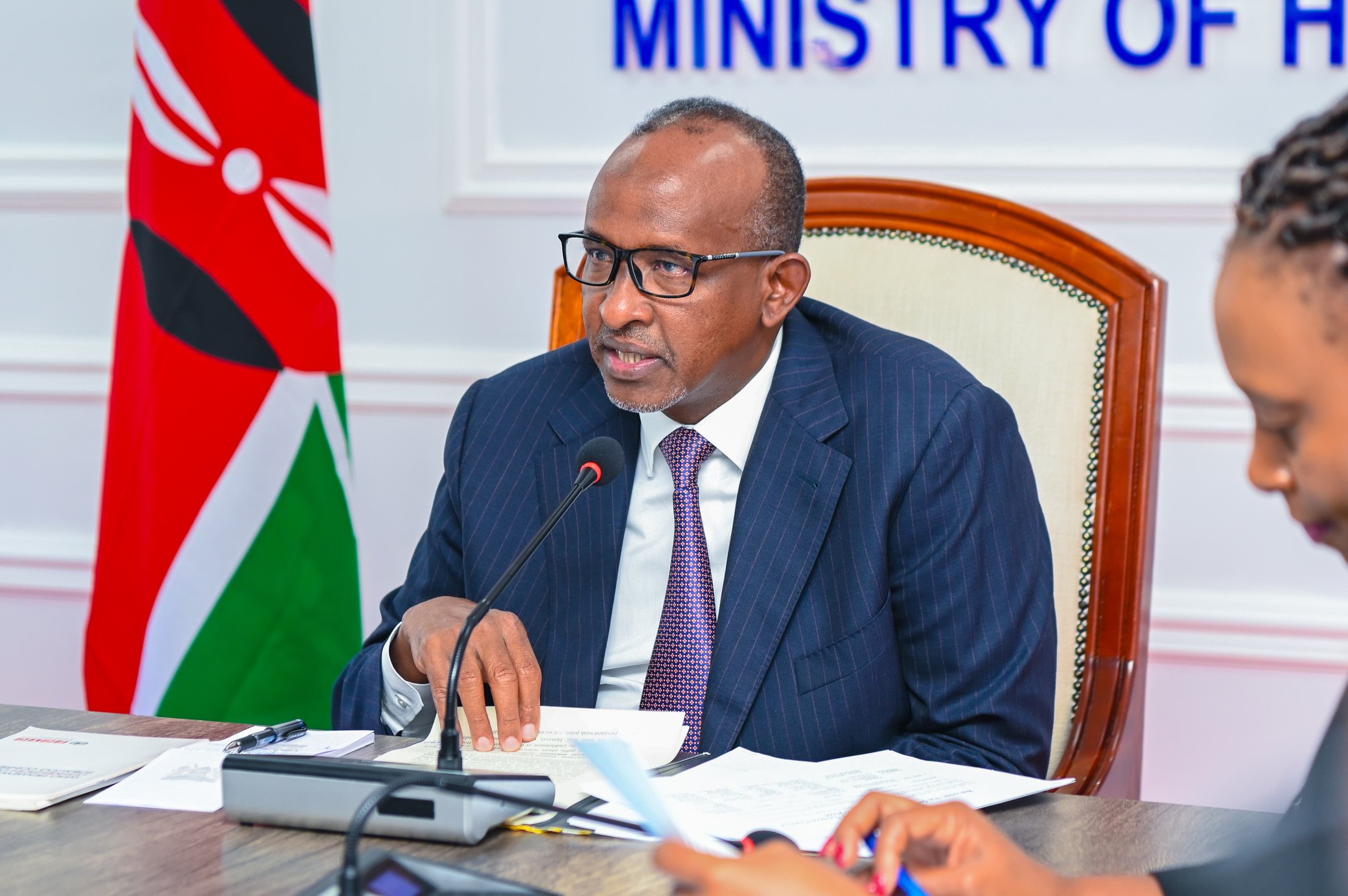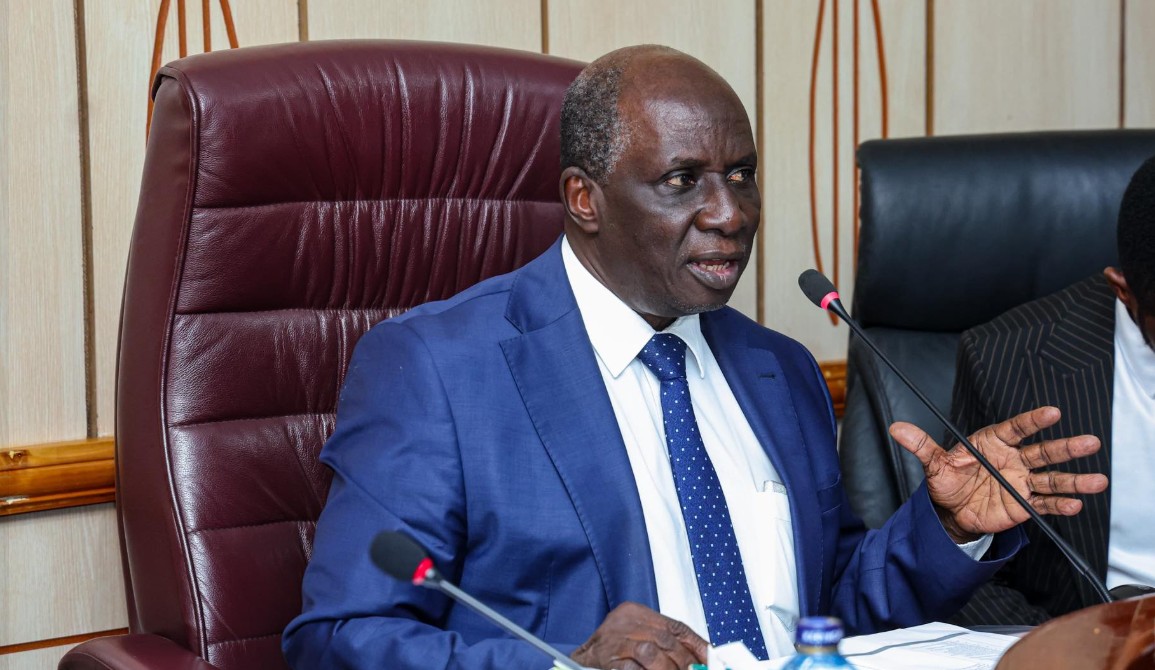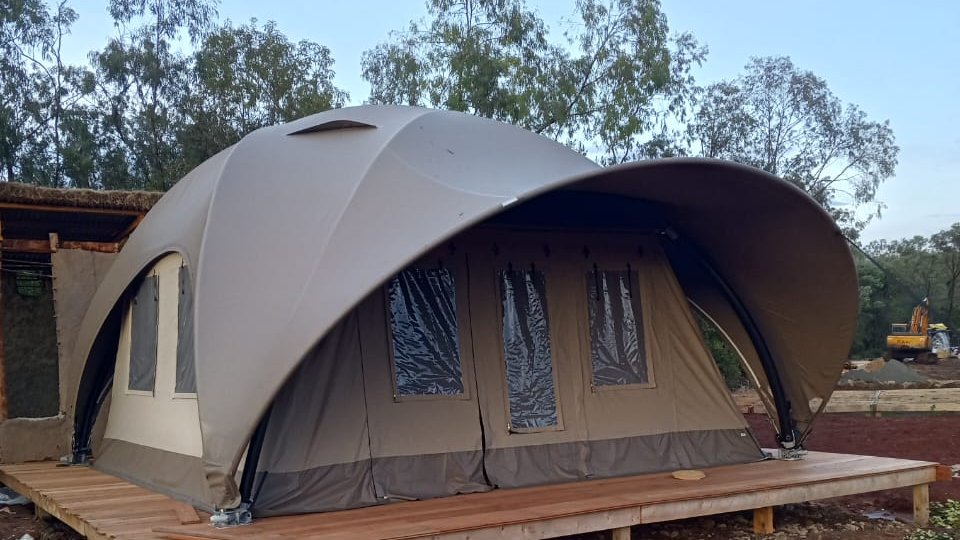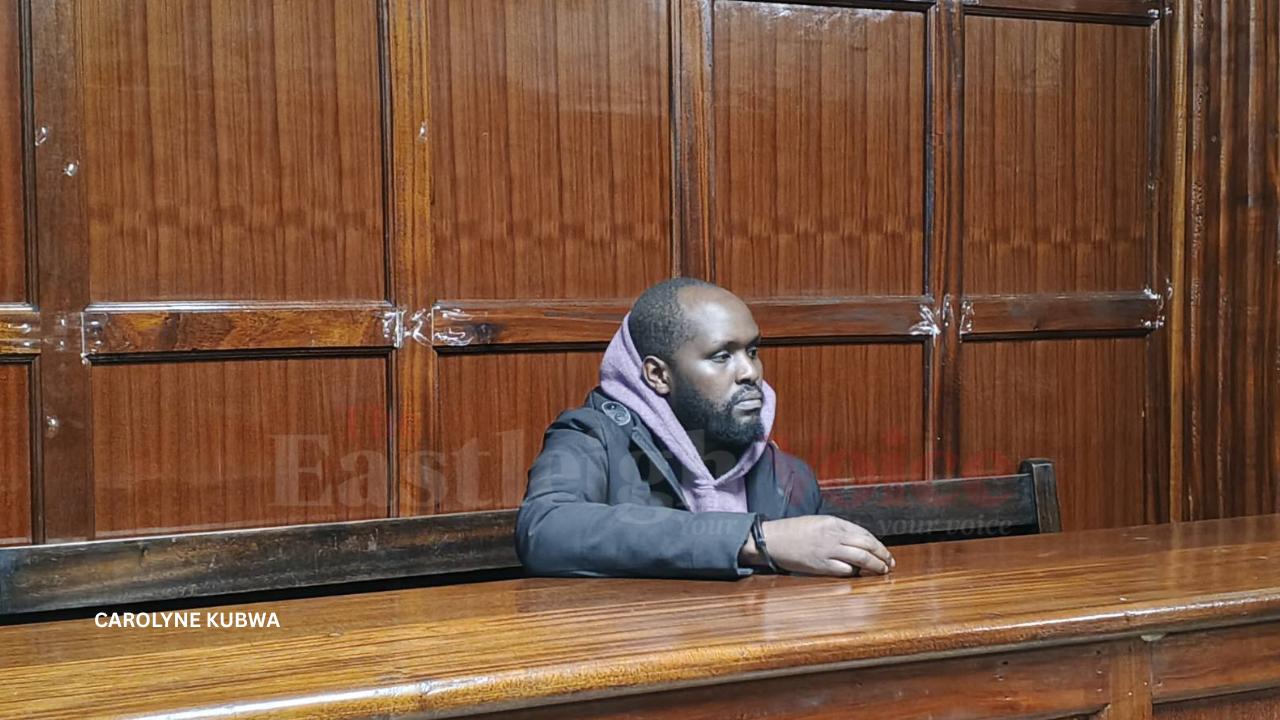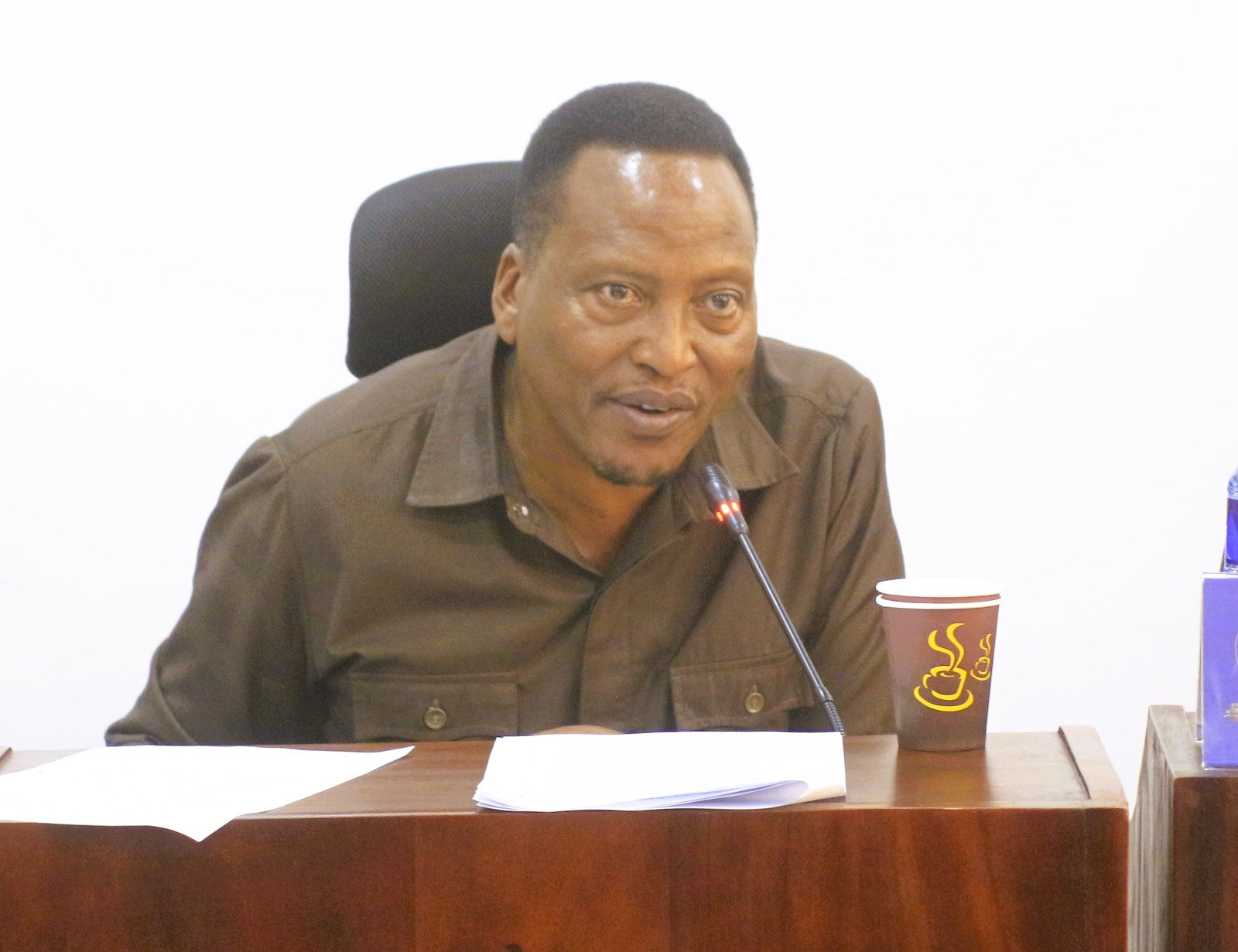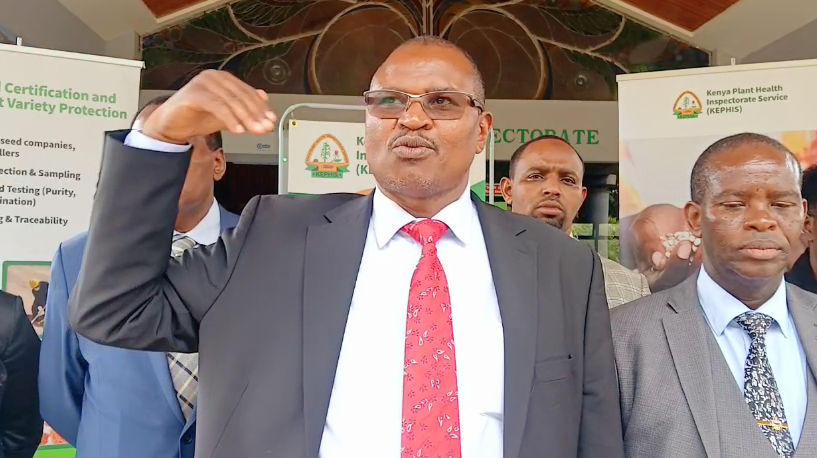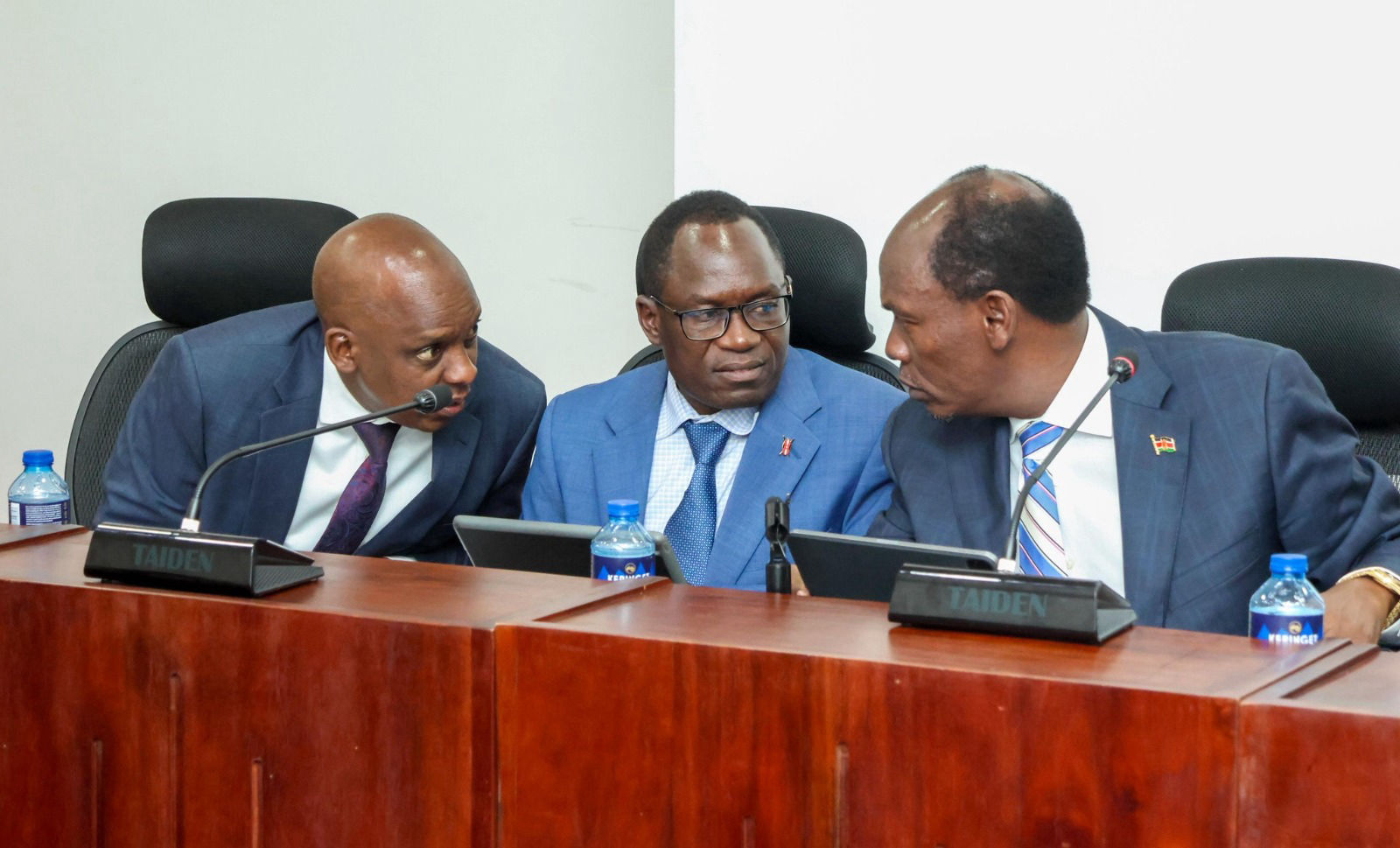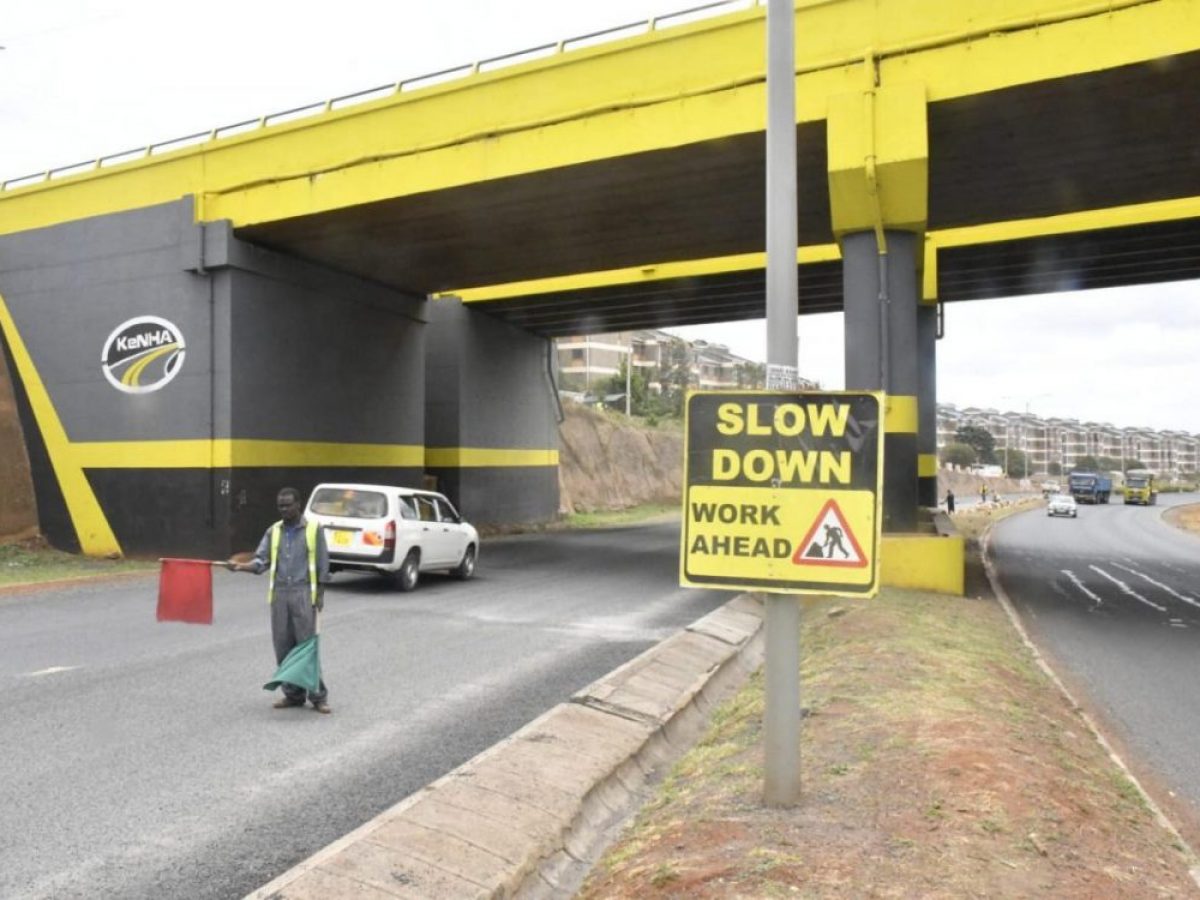Gulf states call for Gaza truce, support Syria at ministerial session

The ministers condemned "attempts to displace the population of the Gaza Strip".
Gulf Cooperation Council (GCC) foreign ministers on Monday called for an immediate ceasefire in the Gaza Strip, backed Syrian sovereignty, and addressed regional security concerns, including Iran's nuclear programme.
The calls were part of a final communique issued at the close of the 164th session of the GCC Ministerial Council, held in Kuwait City under the chairmanship of Kuwaiti Foreign Minister Abdullah Ali Al-Yahya.
More To Read
- Pressure mounts on Israel to allow aid access in Gaza
- German Chancellor Merz calls Gaza situation "unacceptable"
- Kenya endorses two-state solution amid Gaza crisis talks
- Amnesty demands release of Gaza solidarity activists detained in Egypt
- UN General Assembly adopts Gaza ceasefire resolution by overwhelming majority
- US vetoes UN Security Council draft resolution demanding immediate Gaza ceasefire
The ministers condemned "attempts to displace the population of the Gaza Strip". They urged the UN Security Council to establish an independent international commission to investigate alleged violations by Israeli forces.
They also endorsed Qatar's mediation efforts, conducted in coordination with Egypt and the United States, to secure a ceasefire and facilitate humanitarian access to civilians in Gaza.
The ministers called for an end to "Israeli aggression" and emphasised the need for sustained diplomatic efforts for a lasting solution.
The Council further supported a recent call from the Cairo Arab Summit to deploy international protection forces in Palestinian territories under a UN Security Council mandate.
On Syria, the Council reaffirmed support for the country's sovereignty, independence, and territorial integrity, rejecting foreign interference.
The ministers described Syria's stability as "a fundamental pillar of regional security" and condemned ongoing Israeli strikes on Syrian territory.
Turning to Iran, the ministers welcomed renewed US-Iran diplomatic contacts and acknowledged Oman's role in facilitating dialogue.
They supported negotiations focused on easing sanctions in return for curbs on Tehran's nuclear activities, while stressing Iran's responsibility to restrict uranium enrichment to peaceful levels and maintain full cooperation with the International Atomic Energy Agency (IAEA).
The Riyadh-based GCC, founded on May 25, 1981, is a political and economic alliance comprising six member states: Bahrain, Kuwait, Oman, Qatar, Saudi Arabia, and the United Arab Emirates.
Top Stories Today



